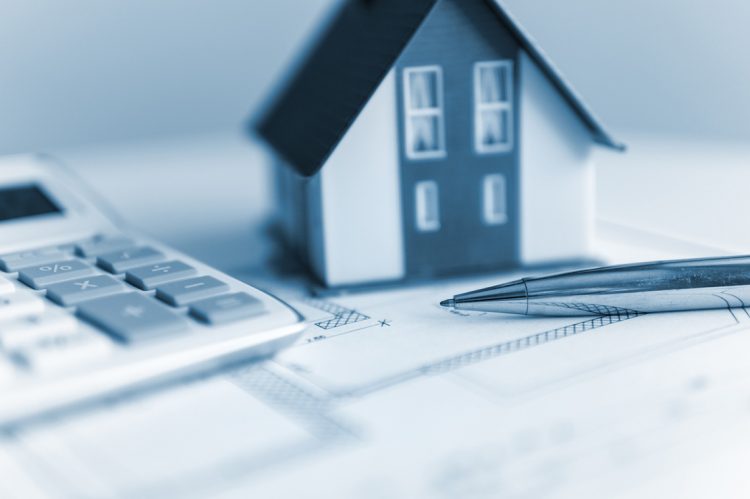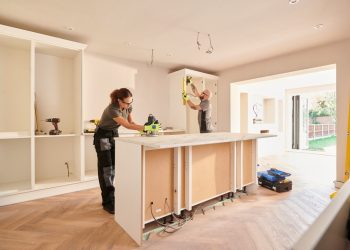Building your ideal property is always possible if searching for the perfect home isn’t going well. A construction loan will allow you to create your dream home.
But before applying for a construction loan, consider what you need to know.
What are construction loans?
Construction loans are short-term, with higher rates designed to fund the cost of building a custom home. This isn’t the same as a mortgage, but a mortgage will be required to pay off the construction loan on completion of the home.
What happens when you get a construction loan?
This loan can be used to buy your land, the permits, the building materials, and labor costs. Applying for this loan is similar to applying for a mortgage.
When approved, you can access the loan as needed during the different phases of the build. The home will be inspected as the construction progresses to allow continued access to the funds.
When completed, a certificate of occupancy will be issued. The loan can then be converted to a traditional home loan, and you can begin paying that each month.
How do construction loans differ from traditional mortgages?
The biggest difference is that this loan is only short-term compared to a mortgage that could be repaid over 30 years.
A mortgage provides all the money in one go to buy the home, with payments required immediately to pay the principal and interest. Construction loans usually only require interest payments, with the balance repaid once construction is complete.
Construction loan rates
These loans normally have a variable rate that rises and falls depending on the prime rate. The initial interest rate will depend on your credit score and history. Interest rates are generally higher as these aren’t secured loans, and there are more risks for the lender.
The different types of construction loan
There are different loans to consider when you want to construct a new home:
Construction-only
This loan covers the project’s build phase and is normally only issued for a year. There can be more risks with these loans, and because of that, they are hard to qualify for. The interest rate is also likely to be higher than other lending types due to the risk.
Construction-to-permanent
This is similar to a construction-only loan, but on completion of the home, it converts to a permanent mortgage. While the home is being constructed, the borrower will only pay interest.
This can be more expensive with higher interest rates, so carefully comparing loans and lenders is more important. If you qualify for a VA loan, they also offer construction loans and are worth considering.
Owner-builder
If you have the skills and capabilities to build your own home, an owner-builder loan is designed for you. However, you will need to provide information to show the lender that you can build your own home.
Renovation
An FHA 203(k) loan is backed by the Federal Housing Administration and allows you to renovate a property. You can borrow the money to purchase the home and cover the rehabilitation costs while paying monthly.
There are also conventional loans from Fannie Mae with its HomeStyle Renovation loan and Freddie Mac with CHOICE Renovation. You could also use a home equity loan or home equity line of credit (HELOC) to pay the cost of renovating.
End loans
This type of loan is used after the home has been constructed. Typically, these loans are very similar to traditional mortgages, so you might be more familiar with the application process.
Choosing the right loan for your needs will be essential when construction is complete.
Requirements to qualify for a construction loan
As with any type of lending, you need to meet certain requirements to qualify for the loan you want. In particular, with construction loans, you will need to meet the following requirements:
- Credit score. You will need at least 620 when applying for a construction loan.
- Down payment. The lender will probably require a 20% down payment.
- Debt-to-income ratio. As with normal mortgages, the lender will look at your DTI.
- Your builder. The lender will want to make sure your builder is licensed and insured.
- Planning. Your construction plan will need to be comprehensive. You will need blueprints and a payment schedule as a minimum if you want your lender to approve your loan.
Final thoughts on construction loans
When getting a loan for construction, it is essential to understand how these short-term mortgages work. Hopefully, you better understand the process and your options with this financing.












